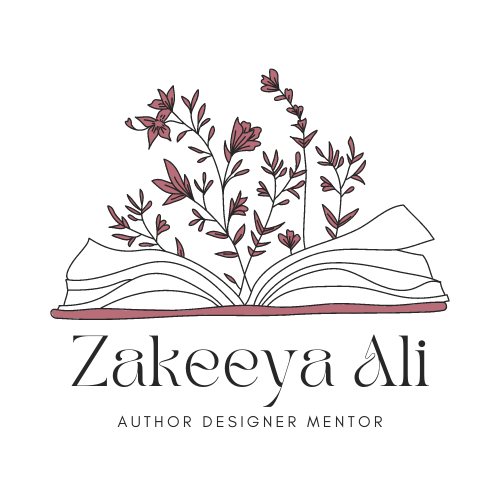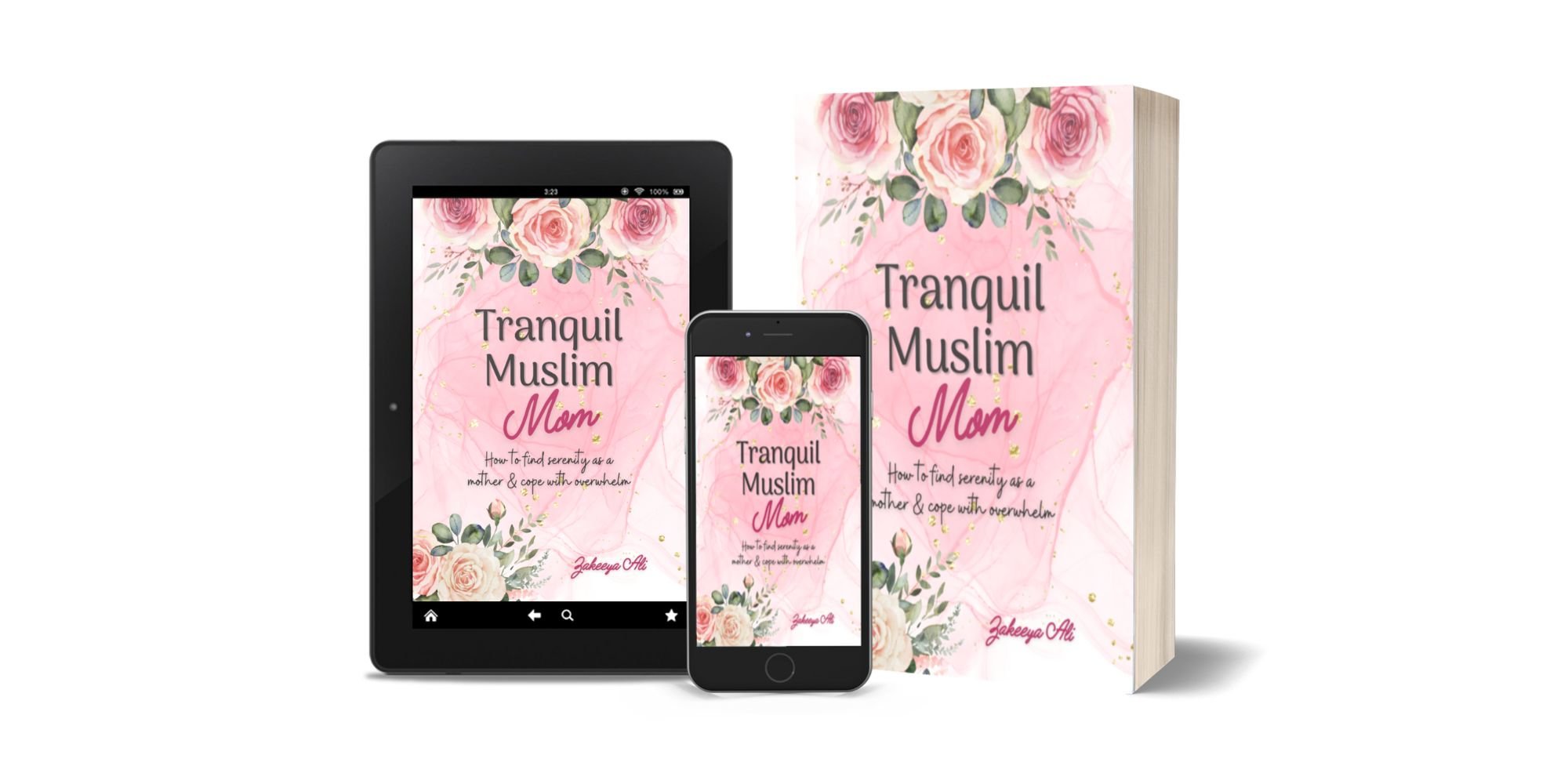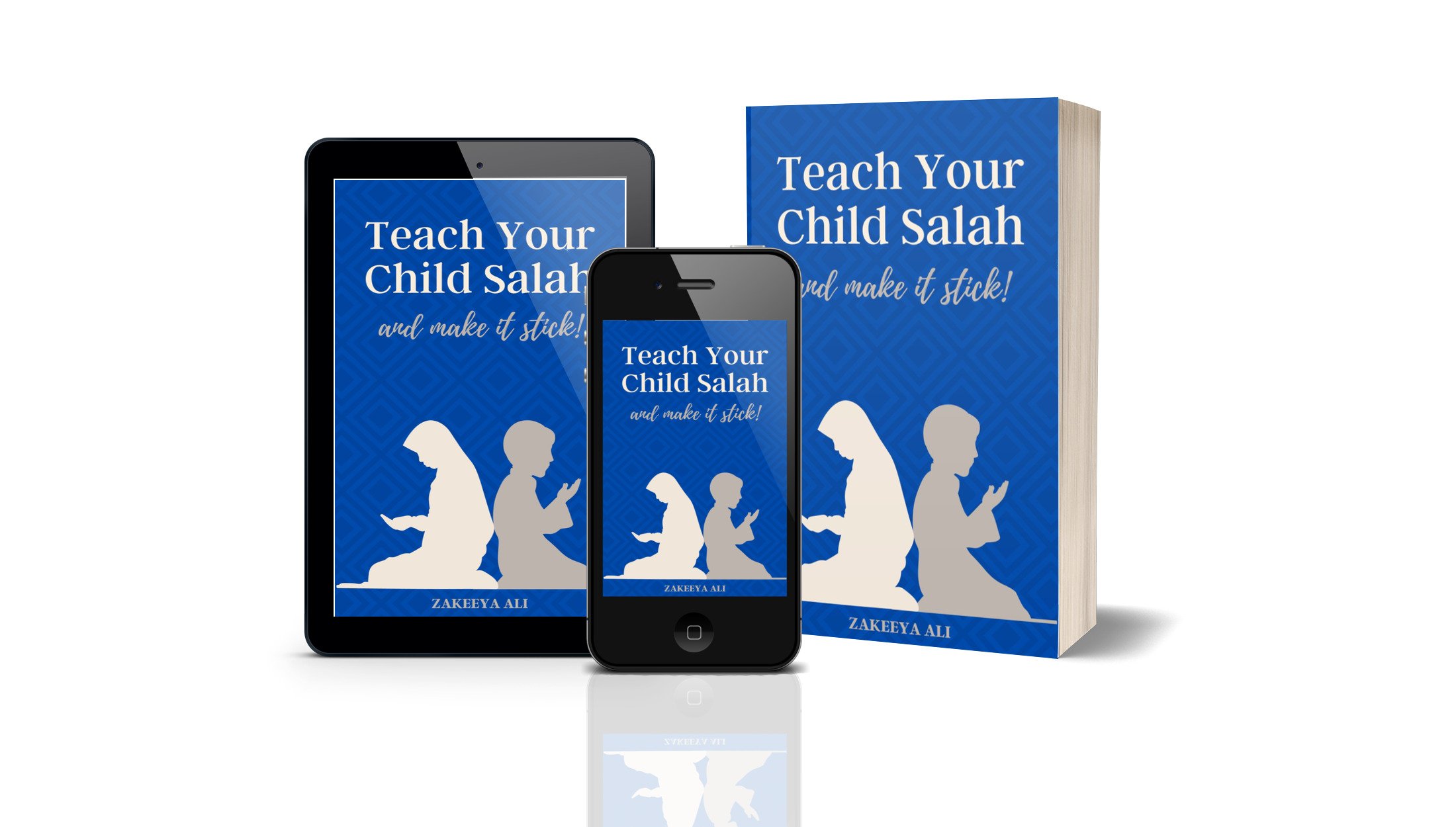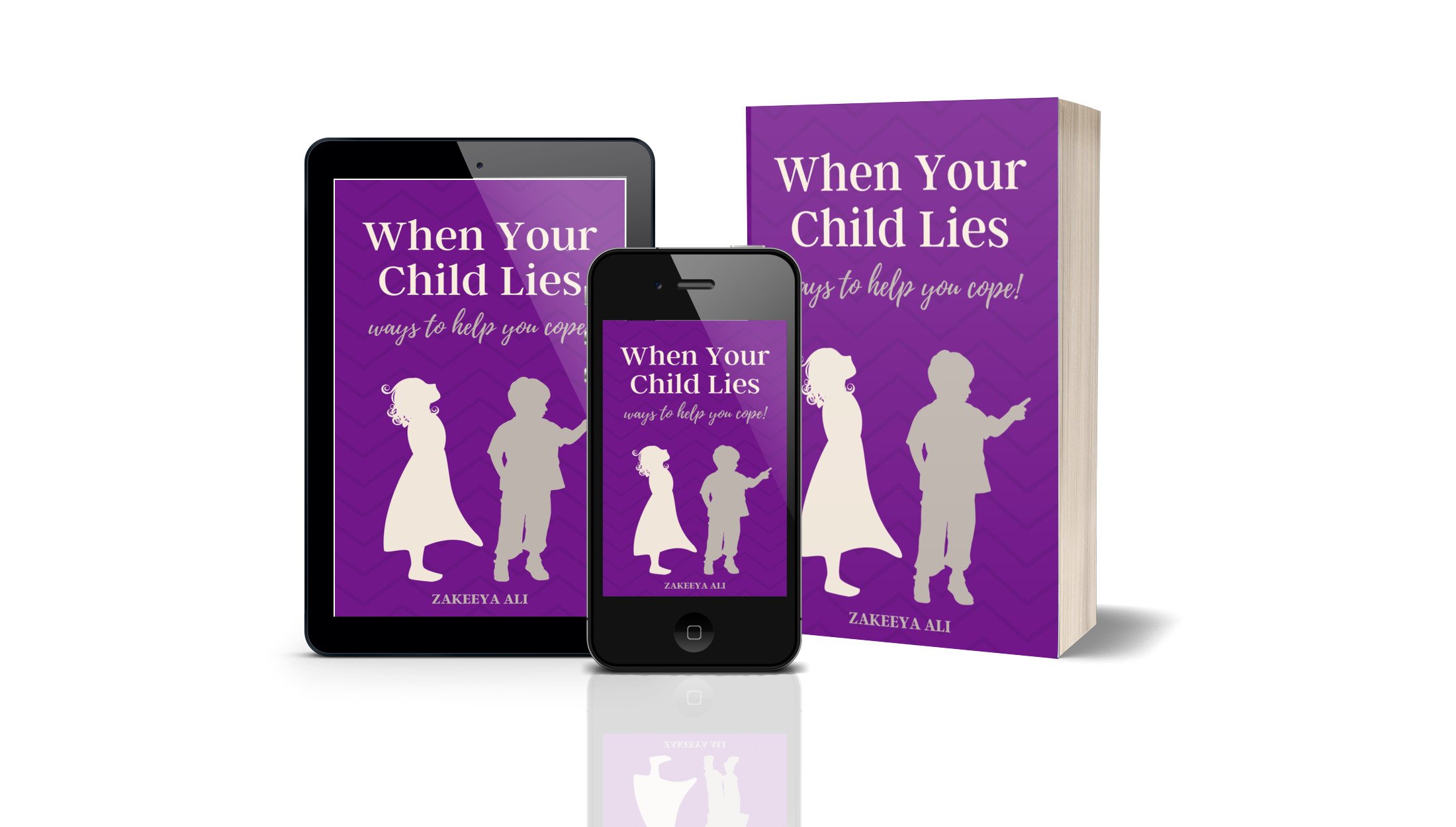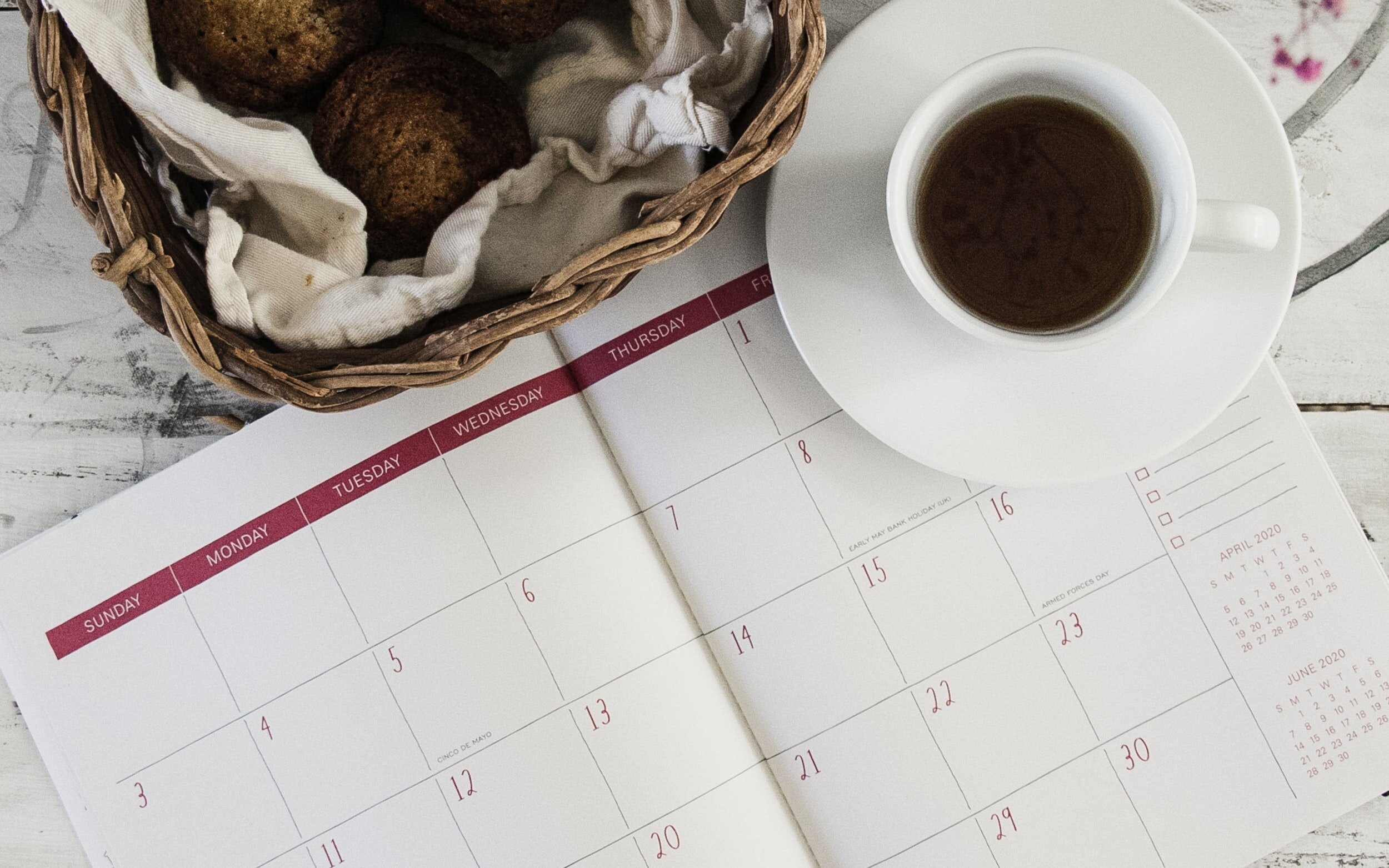How to Homeschool Without the Burnout
I have wanted to write on this topic for a long time, but I was trying to find my wings before I professed to simplify homeschooling and solve burnout when homeschooling. After we made the decision to homeschool, I wasn't feeling qualified enough, smart enough, or even capable enough to handle being my children's sole educator.
The worst question I faced was, "Where am I to begin?” The whole “homeschool thing” had happened so unexpectedly and suddenly that I was stuck with making it work or being dissatisfied with my kid's education.
To be honest, it took me one full year to finally say, "I can do this" and "I'm still sane after doing this." I spoke to so many home educators, read so many books and blogs, and joined numerous homeschool organizations and groups, but no one could pinpoint the nitty-gritty or make me feel confident about educating my own kids.
I wish someone could have told me how simple it really was and I may have tried it out sooner. I write this post in hopes that my experiences can save other parents the time and trouble of searching for ways to cope and to know that they are able to educate their kids without the strain. Heres how I learned to cope:
1. I educated and informed myself on different teaching methods
There are so many learning styles out there, but I made myself narrow it down by choosing the one that had the most pros and seemed to be the closest to our religious ideals. I made the choice to stick to one specific approach most of the time. One can always try out the different approaches another time when you gain more experience. Thereafter, I joined a homeschool organization that advises parents on that specific curriculum, which led me to read a book and I immediately knew it was the right approach for us.
At first we chose the classical method to teach our kids because it implements the traditional style of schooling that has successfully educated past generations of achievers. What I love about this book is how it shows me how to homeschool at each age level from Kindergarten to high school, it provides book and curriculum recommendations and even provides a daily schedule and time allocation for all subjects.
Over time I decided to look at other approaches and tried a few here and there. Later, when I gained more confidence I stuck with an eclectic approach and felt that that was the right fit for us. This book and the homeschool organization was the first step to gaining my peace of mind when it came to education.
2. I taught my kids to become independent learners
After searching online for coping methods, I came across an amazing parent to eight kids who taught me that I did not need to teach my kids myself all the time, rather, I needed to make them independent learners. This means that if you have six kids like me, you don't need to run and hide from trying to teach six different levels in eight or more subjects.
I discovered that there is such a thing as teaching your kids to teach themselves and now I cannot do it any other way. I only teach reading, writing & basic arithmetic from kindergarten to second grade. After second grade or after my kids become fluent readers, who are able to follow instructions (i.e from third grade onward in my case), I become their coach and provide them with the necessary tools, references and books for them to teach themselves.
While I am concentrating on teaching my three little ones to read and write, my two older kids are happily following their personal planner or the schedule posted on our wall. They continue to do their days workload independently and only request my assistance when they really need help.
3. I set a specific time for structured learning and I stuck to it
At first I wanted my kids to do so many pages in so many subjects, that we were ending up doing a six-hour school day! It was good that we did not feel time fly by, but we were tired at the end of the day and didn't want to do much of anything else.
I was determined to allocate a strict time during our day for learning. In our case we chose the time between 9 am -12 pm everyday as the best time to knock out the most important subjects. Choosing this time has helped me to schedule playdates, appointments and extramural activities and to know when we are able to take a break. It puts home educating in perspective so you don't overdo or underdo schooling.
4. I followed a schedule and set a limit per subject
I divide the subjects into time slots and only do about one or two pages per subject, per day. This makes it easier for my kids to digest the material and ensures that they are not overburdened with too much information or worksheets at one time. I have also tried at one time, the method of doing fewer subjects per day and spending more time on one subject. Choosing the right method will depend on what you and your kids prefer to do. Here is an example of a schedule we have tried:
9:00am - Morning prayers and Quran
We say our morning prayers together and ask Allah for His Blessings for the day ahead and then my kids either listen to the Quran on their mp 3 players, follow a Quran software program or listen to the Quran on CD. They are trying to memorize Juz Amma by learning a few verses of a new surah each day.
9:30am - Mathematics
Right now I am using an independent type of math program that helps the "math-is-not-my-favorite” type of folks like myself be able to educate their kids. I found math daunting and time-consuming and this program provides a short lesson on DVD to introduce a new math concept each time to my children.
My kids watch the 10-15 min lesson and then attempt to use building blocks to figure out the math solutions in their math workbook. They only come to me when they are stuck with a problem. I also love how this program helps a child to master one concept at a time.
10:00am - Spelling and Grammar
I use an excellent spelling program that is on CD & uses flash cards. My kids listen to the instruction on the CD while looking at the rules and words on a flash card. They are then tested, via the instructor on CD, on the words they had learnt for the day. They check their own tests, allocate a score, and only move forward when they have earned a 100% score. Grammar is simply one page of grammar rules from a workbook, which they do independently.
10:30am - Latin/Arabic/Spanish
We do Latin on Mondays and Thursdays and once again use a CD and workbook program that my kids can do independently. I have never learnt Latin myself, but I am able to incorporate it in my kids education because of this method that we use. Latin is a beneficial language to learn in order to have a better grasp of the English language.
We do Arabic on Tuesday and Friday and do things such as writing the Arabic alphabet, learning the Arabic alphabet and learning the most common words in the Quran. All this can be found online and can be printed. This is what we use for now until I find something more structured. On a Wednesday, my kids do Spanish very casually from a simple workbook. Spanish is a second language in America now days and I feel it will benefit them to know some as adults Inshallah.
11:00am - Writing and Handwriting
I found writing a challenge because I realized that you can't expect a child to write even a half of a page of information by simply giving him/her a title and saying "now write something on this"! Young kids need clear instructions and questions about a topic, so that they can brainstorm and formulate ideas before attempting to put pen to paper.
At present I am learning a course on teaching writing, but in the meantime, my kids use a writing book that teach sentence structure and formulation, and then asks them questions related to the topic they need to write about. This allows them to brainstorm and formulate their main ideas first and then attempt to put those idea into sentences and paragraphs. As for handwriting, they write one page from of a good handwriting book to work on their neatness and letter formation.
11:30am - Islamic Studies
I use some simple books about the basics of Islam and this includes questions that they answer orally or write down. There are some coloring and crafty work involved which breaks the monotony and keeps them from getting bored.
They also read stories of the prophets or other Islamic books at times. Some days my husband finds Islamic quizzes online and uses it to orally quiz them before bed. They love this the best and they actually retain so much of the factual content when they regularly do it this way.
5. I tried not to do too much too soon
As for science, history, geography, art, music, poetry and physical education, don't make the mistake of trying to do all this at the very beginning or in one school day. Instead of adding all those subjects to my main subjects and then become overwhelmed, I gradually added one of these subjects periodically in time slots that fit our schedule. If there wasn't any time to complete these subjects, I felt satisfied that at least we had covered the most important subjects for their age level in the day.
On busy days they have the option of reading some pages, watching an educational show or doing an educational software program, for half to an hour in history, science, and geography. Other days they read and do some creative exercises from their workbooks. Once a week my father in law (a very intelligent and well-read man) Skype's my kids to give them a social studies lesson. This has the dual benefit for my kids to learn something new while having a special bonding time with their grandfather who is far away.
Daddy is another instructor in this field and tries to do something with them on weekends. As for poetry, they try to memorize one poem each month. I believe that physical education has to be part of one's life and not a subject that needs to be done once or twice a week. I want my kids to think of PE as a necessity, in hopes that they do not dread it as adults. I try to get them to attend some beneficial sports classes once or twice per week, but most days we do exercises at home. I prefer to do PE in the mornings, as it promotes clearer thinking and they have more energy to start the day.
6. I allowed my kids to lead some instruction
As far as learning life skills, art, music and physical education, when my kids are not attending outside classes for these subjects, I let them do this at home in a very easygoing and unstructured way. I put my children in charge of subjects that they show an inclination for, and I let them lead a class themselves. For example, my 9-year-old daughter is very creative, so I made her the art instructor.
She uses a 'learn to draw' series of books to teach her siblings a simple step-by-step way of drawing a different figure each time. My 8-year-old son is very factual, so I made him the quiz instructor and he uses Brain Quest quiz cards to quiz the others in social studies. My 7-year-old son is very athletic, so I made him the PE instructor and he makes his siblings run laps outside, do push up and sit ups, lunges and jumping jacks in the living room.
My 5-year-old daughter loves music and singing, so I made her the music instructor, and she plays one educational song at a time on CD, that her siblings and her try to memorize. They each use a simple instruments, such as a tambourine, maracas, a flute, drums, a triangle and the symbols. Sometimes they put on a show for their dad which helps them to learn to perform for an audience. Being an instructor promotes leadership qualities and helps my kids to be in charge of the things they enjoy most.
7. I used the mastery approach to learning
After they complete their work independently, I check their work to make sure that they have 90%-100% correct. If not, I do not allow them to move to a new concept until they have mastered the previous one. Sometimes I allow them to check their own work at first, or to check each others work, and then I recheck it to make sure they understand.
The aim of education should not be to finish a certain amount of material in a limited amount of time. Rather, educating a child should be a process of ensuring that the he/she has mastered the present concept, before being introduced to a new one. Allowing my children to check their own work promotes a sense of honesty and a desire to improve.
8. I took my kids on outings as a form of learning
Do not think that taking your kids on a field trip is a waste of a school day. It is very educational and makes one avoid the homeschool rut. My ideal school schedule is Monday, Tuesday and Thursday, with Wednesday or Friday being a day we try to go somewhere like a historical spot, farm, park or even to visit a store close by. A field trip does not need to be expensive, there are many free ways to educate your kids.
One time, my kids wanted a pet, so we went to a pet store and learnt about the different kinds of pets. They discovered which pets they preferred, and with their clipboards, paper and pencil in hand, they wrote down things like, how much it will cost to feed their pet, house their pet and entertain their pet. They learned its lifespan, where it originated from, as well as its habitat. They were taken aback by the big responsibility of having a pet and shyly admitted to putting it on hold for now (phew!).
It was a simple unobtrusive way of doing science on the go! They will never forget that day and the info will linger way into their adult years because field trips leave memories! Simply taking your kids for a grocery trip and giving them a certain amount of money, a grocery list and telling them to get what we need while sticking to a budget, is math on the go! The possibilities to learn are endless.
9. I took breaks when the need arose
Some days are crazy days, we are not in the mood to do any work, we are tired, or something breaks our schedule. Everyone has these days, and it should not cause you to become frustrated when your day is not following the schedule. Stop! When you feel overwhelmed or if your day is not going well. Take the kids for a drive to get ice-cream or to the park to run free. I promise you, that you will all come home refreshed and ready to learn.
One of the beauties of homeschooling is the freedom to take a break when you need it most and you should progress at a pace that benefits all. We do not stick to regular school breaks, so I do not feel like I am losing precious time. Also, don't feel like you have to be in your learning room all the time, change rooms now and then.
Work in the backyard on a blanket one sunny day, take your books to the park, sit on the floor in the living room or just go to the kitchen and bake some cookies to learn math. My children have learnt more fractions by baking than in any other way. They learn science by seeing how ingredients combine, they learn about texture, liquids and solids and where their ingredients come from. They learn language arts by learning how to read, interpret and follow and recipe, to name a few.
10. I made changes to the curriculum when needed
Do not feel that if you follow a specific curriculum that you HAVE to use every single book in that curriculum even if it kills you. I love the classical approach method that I am using right now, and some of the curriculum, I believe, is very beneficial for my kids. However, when I see them starting to dread a certain subject, no matter how much I think it is good for them, I change the material to something more kid friendly.
Every child is different, so how can one set of curriculum be well suited for all children. I have recently changed my kids grammar book, because they used to groan at grammar time, even when I tried to make it user-friendly. Now we follow something less daunting and they do grammar without complaint. Maybe at a later time, I may try to incorporate it again, but for now, it would only makes us both frustrated.
I believe that no one knows what is better for your childs learning path, more than you as a parent knows. Go with your children's' cues and change any material that is not working for you or your kids. Don't feel obligated to follow anything just because it claims to work, what works is when your kids progress without the pain, because learning should always be enjoyed.
11. I made reading not just a subject
In our home, we try to read as much as possible because I never want my kids to take reading as a chore or just something that is part of school alone. We treasure books and invest in a library filled with literature that has been carefully chosen. I cannot explain, just how much my children learn from books alone. I remember one day when I was pregnant and thinking that, no way was I capable of homeschooling, I had read up on how other pregnant homeschooling parents coped.
One parent had written that she was so tired towards the end of her pregnancy that she would just read and read to her kids and let them read on their own, and that this was as beneficial for their learning as any other way. In the past, before school institutions were even invented, people were educated by reading books and great people were born! We incorporate reading throughout our day or whenever we can.
Good reading moments for us are at our midday rest time, while my kids are waiting for breakfast, lunch or dinner, in the car, waiting for an appointment or an hour before bed. I honestly do not get time to read to my kids as much as I would like to, but I try to let my older kids read aloud sometimes, for the benefit of the little ones, as well as to hear their fluency and vocabulary.
12. I used other forms of education to spice things up
Workbooks & reference books are great but can get monotonous day in & day out. Break the monotony with board games and playing cards and get your kids to learn without knowing it! We use games like Uno, for the young ones to learn colors and numbers, my sons love Monopoly which teach math when buying and selling and they learn to negotiate and trade which will be beneficial in the workplace one day Inshallah.
All my kids love Blokus, which teach technique and strategy, Scrabble for language arts, as it teaches them word formulation and spelling. They play Memory or a game called Stare, which helps them with memorization and observation. Bingo, which helps with listening and numbers.
13. I didn't overwhelm myself and my kids with too many classes
Sometimes, we, as parents, get so excited to do what we think is best for our children and since homeschooled kids have more availability, we go ahead and sign our kids up for so many different activities at one time, that our kids become a little overwhelmed and as parents, we become exhausted chauffeurs. Too much classes at one time will not help your child to master or focus on any one particular field well and you will start dreading the commitment to drop this one at that class and that one at this class, on a regular basis.
Rather sign up for the most important classes, on days that are most convenient, and at times that are less stressful (for eg. not at traffic times) for your family. Also, don't let it interfere with your home education lesson plan or you will find yourself leaving what is important in favor of your commitment to the various outside classes.
Never feel guilty if your family and friends have their children in many classes and your kids don't do much, there is no rush to do everything now. Rather do the most important first and if you need guidance, turn to what our beloved Prophet (SAW) promotes as good sports i.e. swimming, archery, wrestling and horse riding (or sports resembling this).
14. I didn't forget the importance of teaching life skills
Academic subjects are important, but life skills are essential. What is the use of having one's child become a doctor if he/she lacks etiquette, manners and empathy. Or having one's child become an architect, but he/she is always in debt because they lack the skills to budget? How many people are book smart but not actually street smart? I believe in teaching your child simple life skills from an early age which will benefit them when they become mothers and fathers one day.
I look at my life and see that most of what I know, I have learnt from reading books, my parents, my husband, my kids, the web and my life experiences. I have taught myself more from reading on my own than school ever did. Teaching one's kids how to survive in the real world and covering topics such as cooking, mending, etiquette, budgeting, maintenance, hygiene, grooming, childcare, first aid etc. are crucial life skills that should not be neglected.
15. I persuaded my kids to finish what they start
Yes, I know my morning schedule seems hectic, but it is really an ideal, of how much time I wish to spend on one subject. However, I never allow my kids to stop what they are doing in order to start a new subject. I would rather let them go over the time limit to ensure that they finish what they have started.
Too many times in school institutions, kids are running from class to class and being disrupted in their work because they are not allowed to finish one particular subject well. A child will not learn to have a good attention span nor will they learn to complete their task at hand if they constantly being taught to stop and go, at our convenience. They need to respect what they do in order to achieve success. Schedules are important but should be adhered to with common sense.
16. I ensured that I was supported
I pray to Allah (SWT) for guidance, share the good and bad with my husband, talk with a fellow homeschooling friend or read something inspirational online to keep me from faltering. I then follow my instinct to know that what I am doing can't be wrong and that my kids are learning with me. I assure you that after some time, you will see how your children are progressing, as I am seeing now, myself. The confidence to be your children's educator will come full into effect when you see the fruits of your labour unfurl over time.
Lastly, take this merely as a guideline, as my schedule only helps me to put things in perspective. There are many days that I am unable to follow it all to a tee. Do the best you can, make learning part of your children's life, not something that is done at specific times of the day and promotes independent learning. Your kids will gain valuable tools to grow up with a thirst for knowledge and a quest for learning, inshallah. Happy homeschooling!
Salam, I’m Zakeeya!
I believe that making our homes a safe haven for our families, as well as being a wife and mother, brings us great blessings, contentment, and benefits to society as a whole. Since 2011, I've been dedicated to assisting Muslimas in finding tranquility in their roles, taking better care of themselves, and achieving inner peace. Our journey in this world is not an easy one, but I pray the tools and guidance I offer will help you face life's challenges with more gratitude and mindfulness. Join me as I share wifehood, motherhood, homemaking, and lifestyle solutions that make life more fulfilling for you as a woman! Read more about me here.
